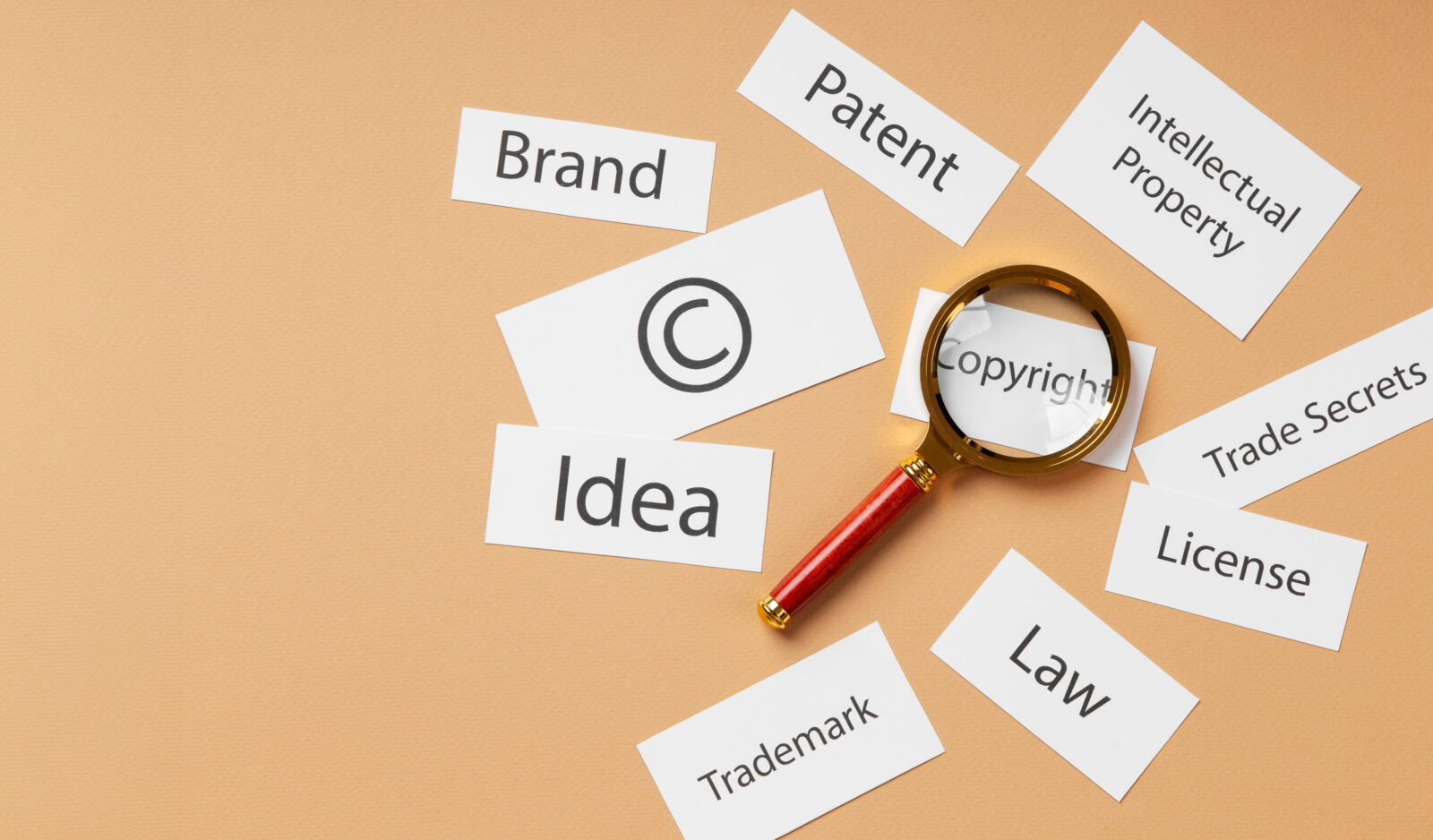
Licensing (“αδειοδότηση”) is the legal process through which a rights holder transfers the right to use/produce and exploit a product of intellectual property to someone else for a fee. However, ownership is not transferred.
Products of intellectual property, and therefore objects of licensing, are those of copyright and industrial property. Copyright covers intangible creations of speech and art, such as books, paintings, music, etc. Industrial property mainly includes intellectual creations of economic value and exploitation, such as inventions, trademarks, and industrial applications.
The transfer of the right is carried out by concluding a contract between the interested parties, the licensor (“δικαιοπάροχος”) and the licensee (“αδειούχος”), and can take the form they agree upon. Specifically, it may be an exclusive or non-exclusive contract, depending on whether the right of use has been granted exclusively to the licensee or not. Also, it can be either an unrestricted grant of right or a grant with restrictions, which relate to the type of goods or services, or the geographical location.
It is common, as regards the remuneration of the licensor, to refer to the initial fee that the licensee pays to the licensor upon signing the contract, although this is not necessary, and to a permanent fee that is defined as a percentage of the licensee’s sales.
Licensing is a contract of light “connection” and “responsibility” of the licensor with the licensee. Its only obligation is to provide the protected and agreed intellectual work without any legal or other impediment.
UAE and Dubai – Regulations for Licensing
The case of licensing in the UAE area coincides with Greek and European regulations. Licensing is done by concluding a contract, written and validated. In addition, although it is customary to include a quality control clause, this is not required.



